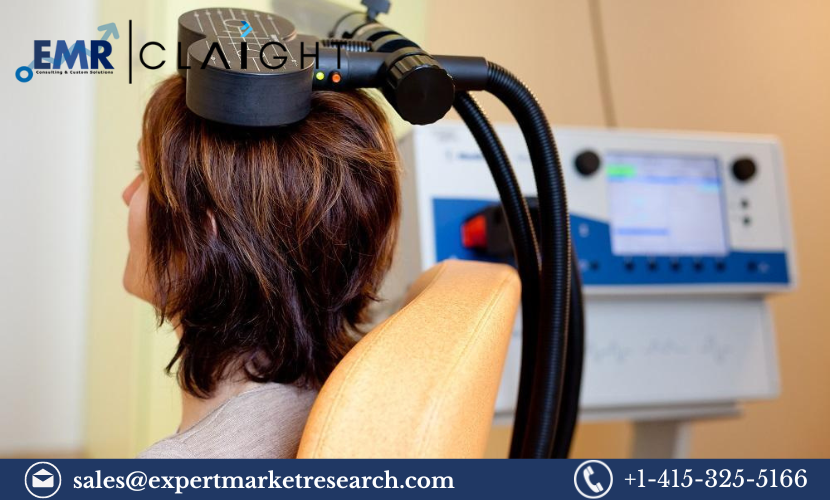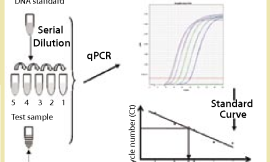Introduction: What is Treatment Resistant Depression (TRD)?
- Overview of TRD
Treatment Resistant Depression is a subset of major depressive disorder (MDD) characterized by a lack of response to at least two different antidepressant therapies. Patients with TRD experience significant challenges in achieving symptom relief, and TRD is associated with a higher burden on healthcare systems, families, and the affected individuals themselves. - Market Growth Drivers
The treatment-resistant depression market reached a valuation of USD 3,295 million in 2023, driven by innovations in fast-acting antidepressant therapies, a rising focus on mental health, and increasing awareness. Growing investments in research to understand the complexities of TRD are also fueling this market, which is expected to grow at a CAGR of 6.1%, reaching USD 5,590.5 million by 2032.
Key Market Trends Shaping TRD in 2024 and Beyond
1. Advancements in Fast-Acting Antidepressant Therapies
- Traditionally, most antidepressants take weeks to show effects, which can be challenging for patients with severe symptoms. Recently, however, there has been a breakthrough in fast-acting therapies such as SPRAVATO® (esketamine), a nasal spray from Johnson & Johnson, approved by the FDA for rapid symptom relief in TRD.
- These therapies work on different brain mechanisms than traditional antidepressants (e.g., serotonin, norepinephrine reuptake inhibitors), targeting NMDA receptors and modulating glutamate—a key neurotransmitter linked to mood regulation.
2. The Rise of Digital Mental Health Innovations
- The use of telepsychiatry, AI-driven therapy apps, and virtual mental health platforms has surged, especially in areas with limited access to healthcare professionals. For TRD patients, consistent follow-up and monitoring are essential, and digital tools are helping to bridge gaps by providing continuous support, medication reminders, and symptom tracking.
- AI can also enhance treatment personalization by using data analytics to suggest the most effective therapies for individual patients, thus improving outcomes.
3. R&D Investment Surge
- Companies like Abbvie, Eli Lilly, and Bristol-Myers Squibb are investing in targeted TRD treatments, including the development of drugs that combine various mechanisms to improve efficacy. These companies are also exploring partnerships with academic institutions and tech firms to gain deeper insights into mental health and TRD specifically.
- Clinical trials for novel drug formulations and combinations (e.g., combining antidepressants with anti-inflammatory agents or mood stabilizers) are being conducted to widen the therapeutic options available to patients.
Leading Players in the TRD Market and Their Contributions
1. Johnson & Johnson (Janssen Pharmaceuticals)
- Key Product: SPRAVATO® (esketamine) Nasal Spray
Approved in 2019, SPRAVATO® has been a game-changer for TRD. Johnson & Johnson has continued its commitment to TRD with a supplemental New Drug Application (sNDA) filed in 2024, seeking expanded use of SPRAVATO®. The drug targets TRD specifically and offers rapid relief, distinguishing it from most traditional antidepressants.
2. Abbvie Inc.
- Pipeline Focus: Psychiatric Medications
Abbvie is expanding its pipeline with several psychiatric drugs in various stages of clinical trials. Known for developing medications for complex medical conditions, Abbvie is leveraging its resources to tackle TRD. Its investment in clinical research aims to uncover new mechanisms and treatment approaches.
3. Eli Lilly and Company
- Notable Medication: Symbyax®
Eli Lilly offers Symbyax® (a combination of olanzapine and fluoxetine), an FDA-approved drug for TRD. This combination therapy addresses both depressive and bipolar symptoms, helping TRD patients who may not respond to monotherapy options.
4. Bristol-Myers Squibb
- Innovative Research Pipeline
Bristol-Myers Squibb is focusing on developing new drug options that may work through novel biological pathways. By studying various compounds and their effects on brain function, the company aims to provide additional treatment options for TRD sufferers.
Other Key Players
- Sage Therapeutics: Known for developing novel antidepressants.
- Takeda Pharmaceutical Company: Focuses on targeted therapies for neuropsychiatric disorders.
- Axsome Therapeutics: Conducting extensive research on TRD and actively working on new drug development.
Market Segmentation Analysis
1. By Treatment Type
- Pharmacological Treatments
These include traditional antidepressants (SSRIs, MAOIs), fast-acting NMDA receptor modulators like esketamine, and combination therapies that address various aspects of brain chemistry involved in mood regulation. - Non-Pharmacological Treatments
Electroconvulsive therapy (ECT) and Transcranial Magnetic Stimulation (TMS) are non-drug therapies used when medications fail. TMS, in particular, is becoming more widely available due to its non-invasive nature and promising results.
2. By Region
- North America: Home to many leading pharmaceutical companies and supported by favorable insurance policies, this region leads in TRD treatment availability and research.
- Europe: Increased government funding for mental health programs is boosting the TRD market. Many European countries are also seeing the rise of telepsychiatry services.
- Asia-Pacific: This region is experiencing rapid growth due to expanding healthcare access and rising awareness about mental health.
Recent Innovations in TRD Treatment
1. Genetic Testing and Personalized Medicine
- Genetic and biomarker research is paving the way for more personalized TRD treatments, enabling healthcare providers to predict which treatments might be effective for a patient based on genetic makeup. This trend reflects a move towards precision psychiatry.
2. Non-Drug Therapies and Digital Health Platforms
- TMS, ECT, and deep brain stimulation (DBS) are gaining recognition as viable options for TRD. These treatments can alter brain activity patterns, providing relief for patients who haven’t responded to medications.
- Digital platforms that offer real-time monitoring and virtual mental health sessions make it easier for TRD patients to receive consistent care, particularly in remote or underserved areas.
Future Market Outlook
As the TRD market continues to grow, several factors will shape its future:
- Regulatory Approvals: New drugs and treatment modalities are expected to gain regulatory approval, expanding the range of options available to patients.
- Personalized Psychiatry: Research on genetics and biomarkers will continue to evolve, leading to more precise and effective treatments.
- AI Integration: AI-driven tools will likely assist in diagnosing TRD, tailoring treatments, and even predicting patient responses based on vast data sets.




